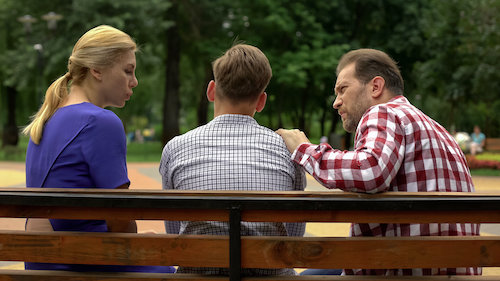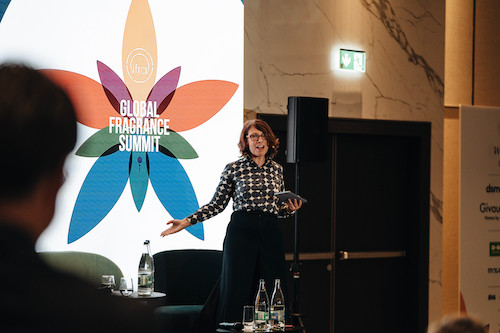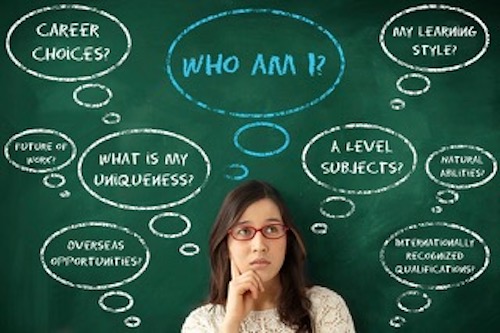Guest Blogs
Knowitall.ch often invites local experts in their field to contribute to their own blogs on our site. This means not only you will benefit from the useful recommendations that we make on our News pages, but you can also profit from some of the great advice and tips that these experts have to make on their favorite subjects. Whilst each of these bloggers has been recommended to us at some point during the evolution of Know-it-all passport and knowitall.ch, obviously we are not able to test out all the suggestions they make on their blogs, nor do we necessarily agree with all their opinions. So if you do find one of their tips useful (or not!), do let us know!
To make these blogs more accessible to you, we have now decided to group them altogether in one section, entitled Guest Blogs, accessible from our main menu bar. We will also post the most recent blogs on the home page of our site in the right hand column.
We are still building up this area of the site, and are looking for bloggers in a number of sections, including Your Home, Travel, and Leisure, so if you feel you have a useful contribution to make in either of these areas, and have the time to submit blog entries approximately every month, then please get in touch!

- He had a clear objective – to inspire and unify the audience around a common purpose.
- He had a clear central argument – making the case for a global data governance framework.
- He understood the audience – pitching the level correctly so they were not bored nor confused but engaged in his thinking.
- He simplified the key message into a call to action so that the audience knew what was expected of them.
- He structured the speech by first talking about the problem before going to the solution.
- He hooked the audience with the specific – fake news – before going to the general – fake news as an example of the need for data governance.

By Dr Mecky McNeil and Dr Michelle Wright from HealthFirst
There are so many things that our young people have on their mind these days; reasons why they might struggle with their mental health. But perhaps one of biggest stressors adolescents face is adolescence itself! Can you remember the rollercoaster of yours?
So much is going on for our young people during these formative years. There are changes in physical development, the main one being puberty itself - the development of secondary sex characteristics, starting periods, changes in height, weight, and appearance. All these impact body image and self-esteem. And then psychological and cognitive development - the development of abstract thinking and advanced reasoning. The development of knowledge, skills, and problem solving, which helps the young person understand the world around them and make sense of where they fit in. And of course, social development - the development of their personal identity and autonomy. Exploring and becoming comfortable with their sexuality. Forming important friendships and relationships and becoming independent from the family unit. Recognition in their peer group becomes important – what others think about them. And accompanying all of this are big developmental changes going on in the teenage brain which is not fully mature until the mid-20s.
The good news is that most young people get through these changes and master any challenges without too many hitches. But if a young person is struggling with their mental health during this important time, their development can be affected. So, picking up the signs that they may be struggling and intervening early is key.

Photo credit ©Lisa Cirieco Swiss Change
By Philippa Dobree-Carey, From High School to Uni
The first question every parent asks me, an experienced mum whose children have successfully navigated university with no student debt, is “how do you create a budget”?
A survey conducted amongst students in 2020 revealed that over 70% of them worried about making ends meet, and yet at least 10% of students had never even attempted to compile a budget.
If you don’t know how or where to start, read on. By following these tips and using the interactive budget calculator on my website, you will be able to calculate what works best for you, within your means, and learn how to budget successfully.
Why do you need a budget?
If you’re going to be receiving a scholarship or student loan – that means you have a bottomless pit of funds, right? WRONG! You need to make your finances stretch to cover all essentials, from rent to food, to mobile phone costs to socializing. It may be fun to have a night out clubbing, but if that means eating crackers and drinking water for the rest of the month, was it worth splurging on alcohol, or could you budget appropriately to make sure you know how much your social funds can cover?

By Claire Doole, www.doolecommunications.com

By Diana Ritchie, www.scc-centre.com
This is the first of a series of articles that will describe each worksample in turn.
Have you ever noticed that when you happily do certain tasks, jobs, activities it does not feel like work but rather like pleasure. No one needs to pay you – you would happily do it for free! We often call these activities “hobbies” – what we do in our evenings and weekends – when we are not working.
Society has taught us that work is not meant to be enjoyable and that we work so we can afford to do what brings us joy. The new generation does not believe in this old model they want to enjoy their life (including work) and I believe they can.
So, whether you are intrigued to learn more about yourself, looking to change jobs, direction or if you are a parent and you want to support your children to make the best choices for their education, future career and life then keep reading to learn more about the Highlands Ability Battery (HAB).
I will debrief the report with you in a 2-hour meeting to interpret the results. For students I help you identify what subject choices are best suited to you as well as where and how those abilities can best be leveraged in your career journey. The test is equally beneficial to students with learning challenges.
Natural Abilities are a measure of Driving Abilities. How easily you complete a worksample defines how “naturally” the underlying aptitude comes to you. Each worksample is timed to reflect your innate abilities and not your skills.
Latest news
- 1
- 2
- 3
- 4
- 5
- 6
- 7
- 8






